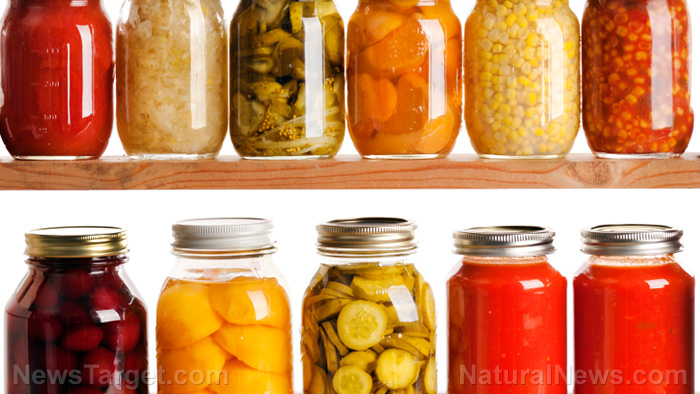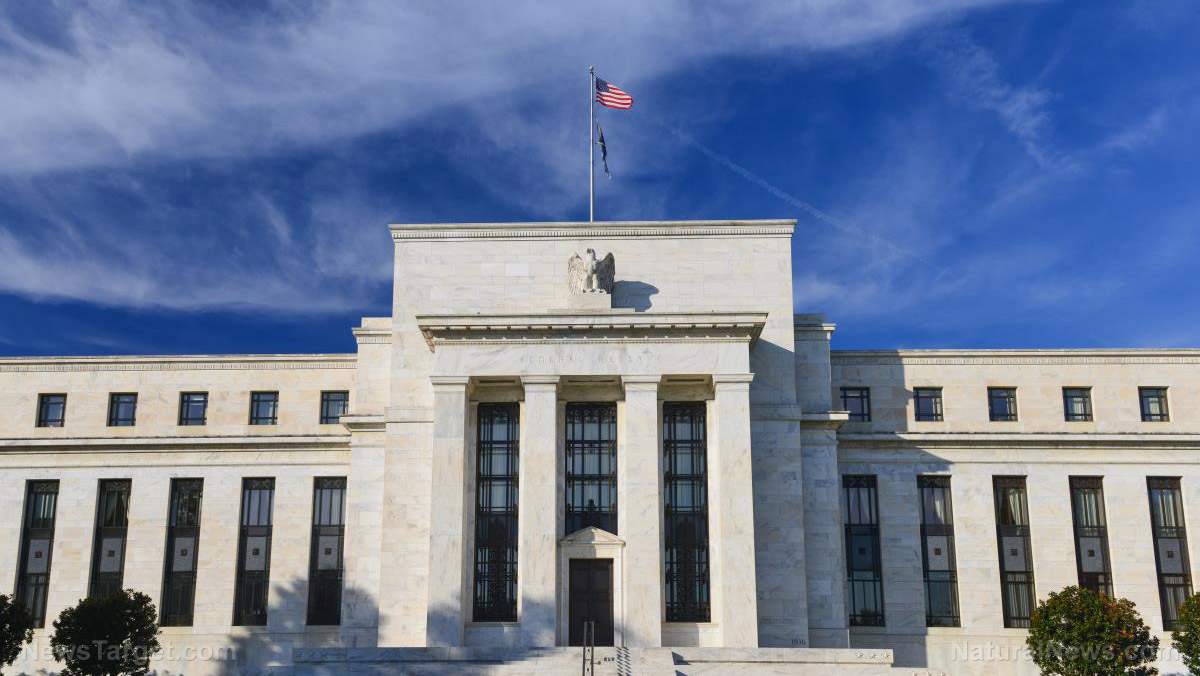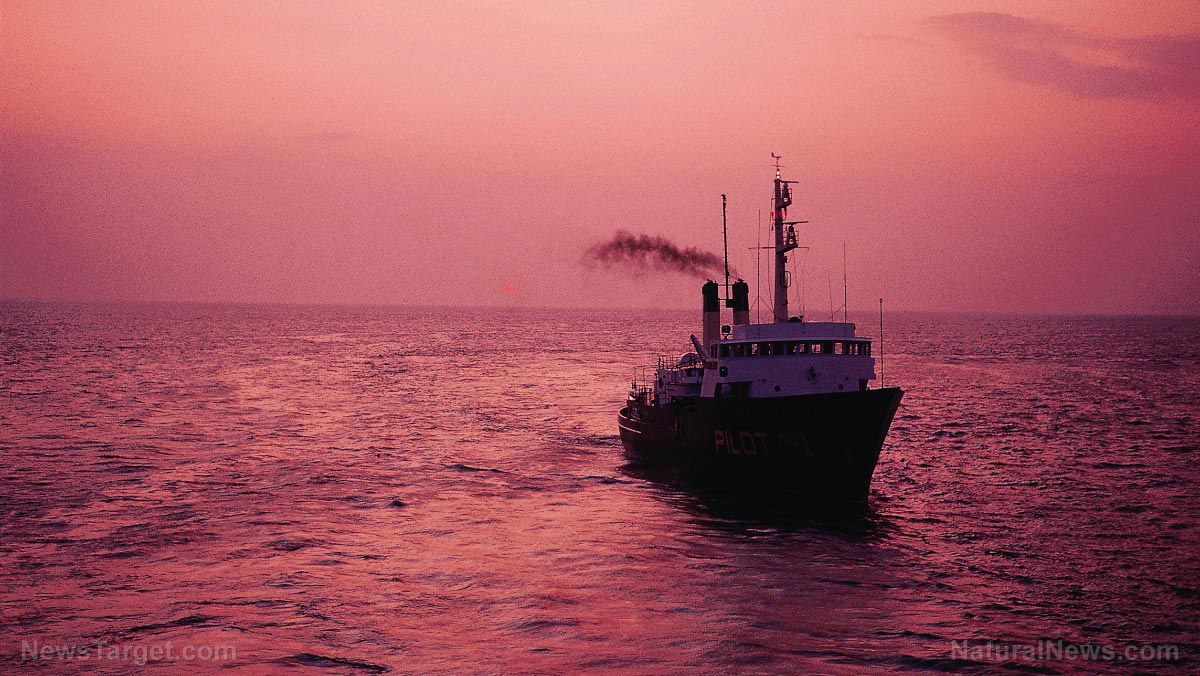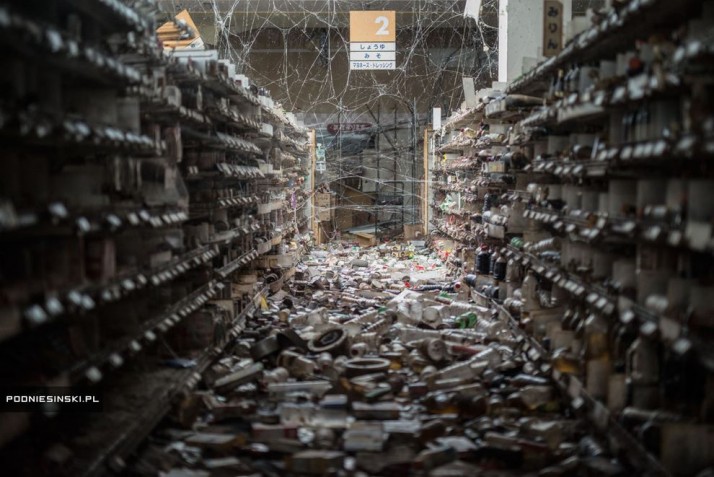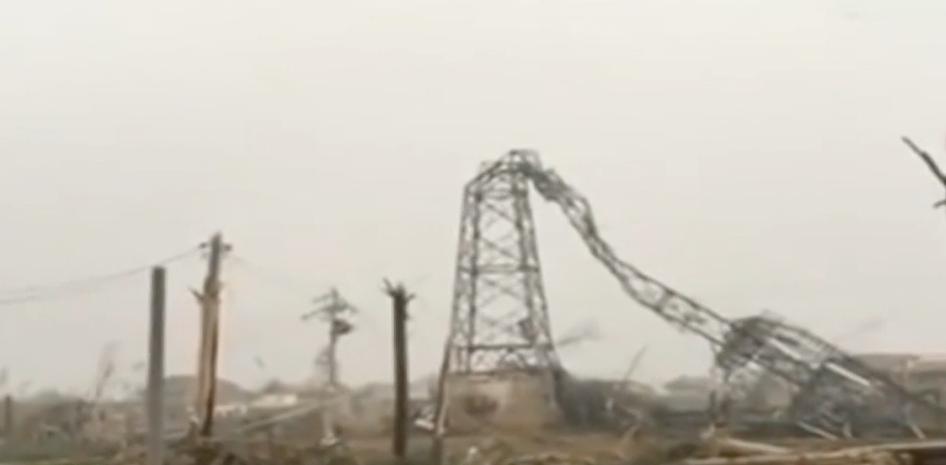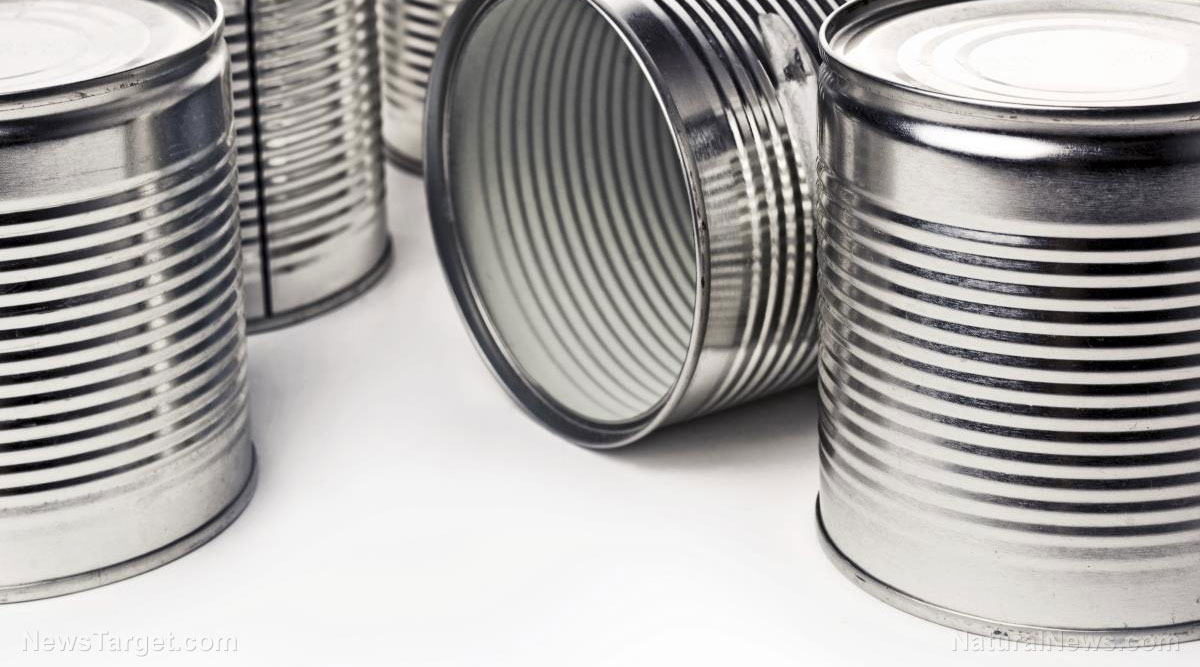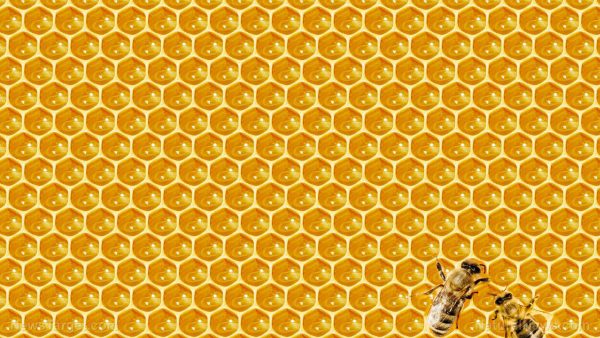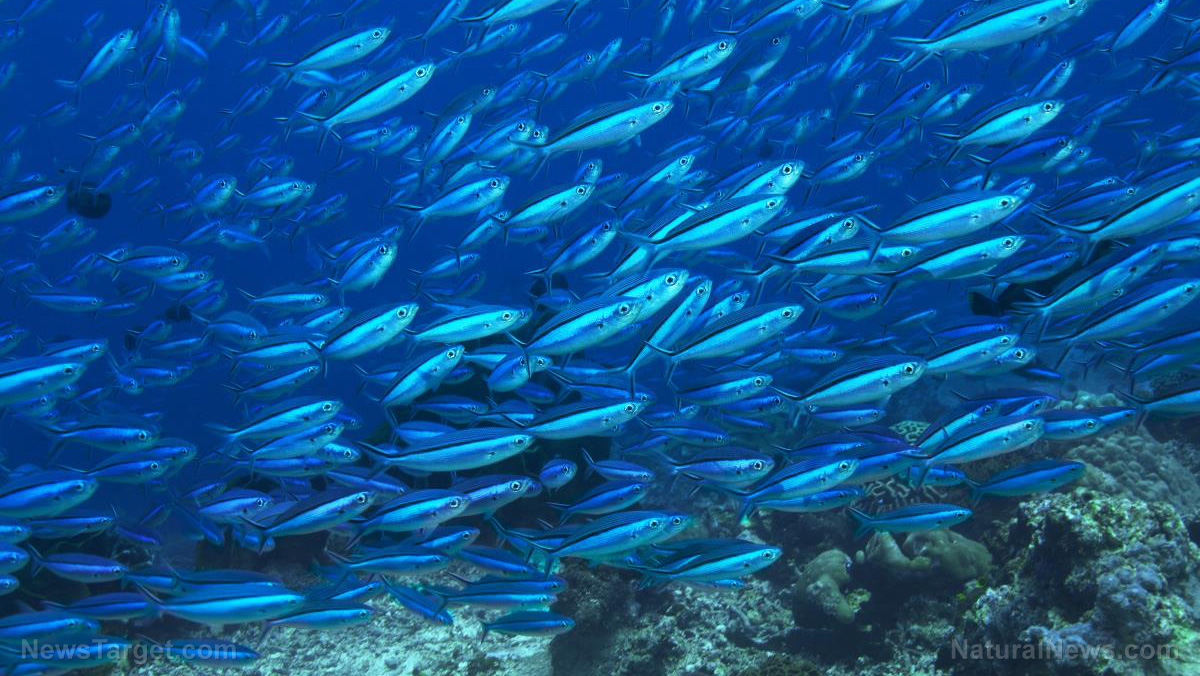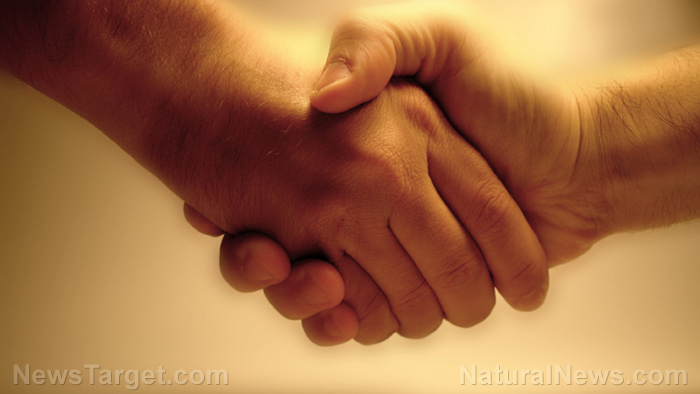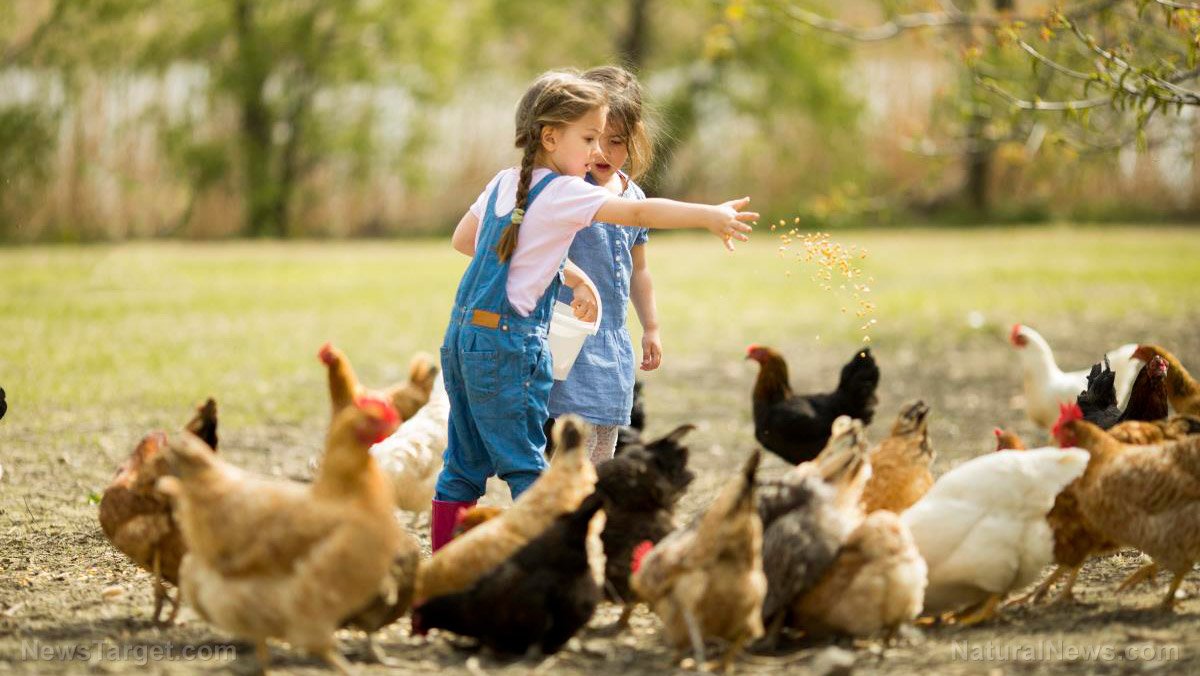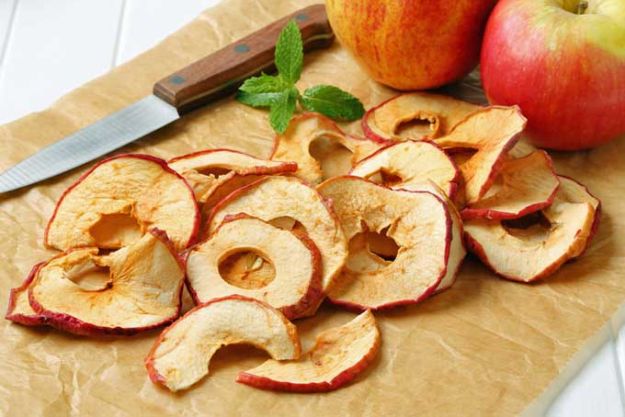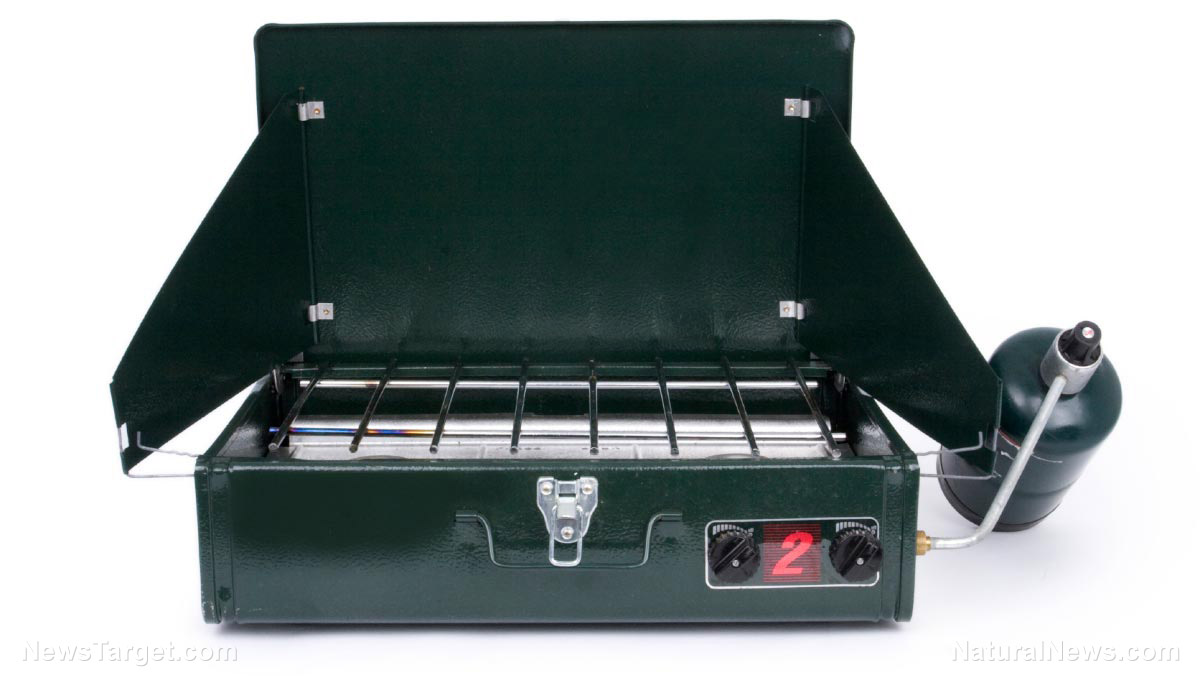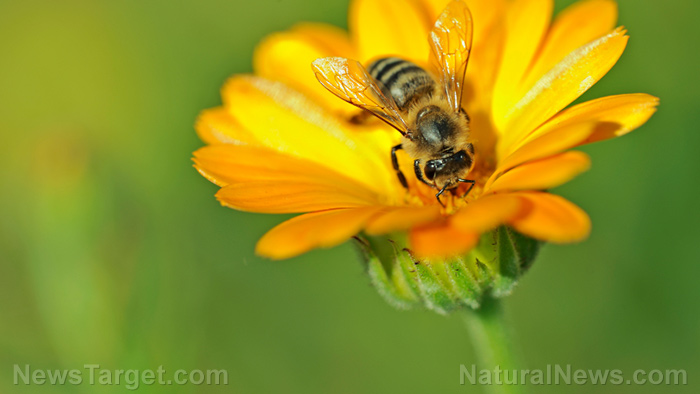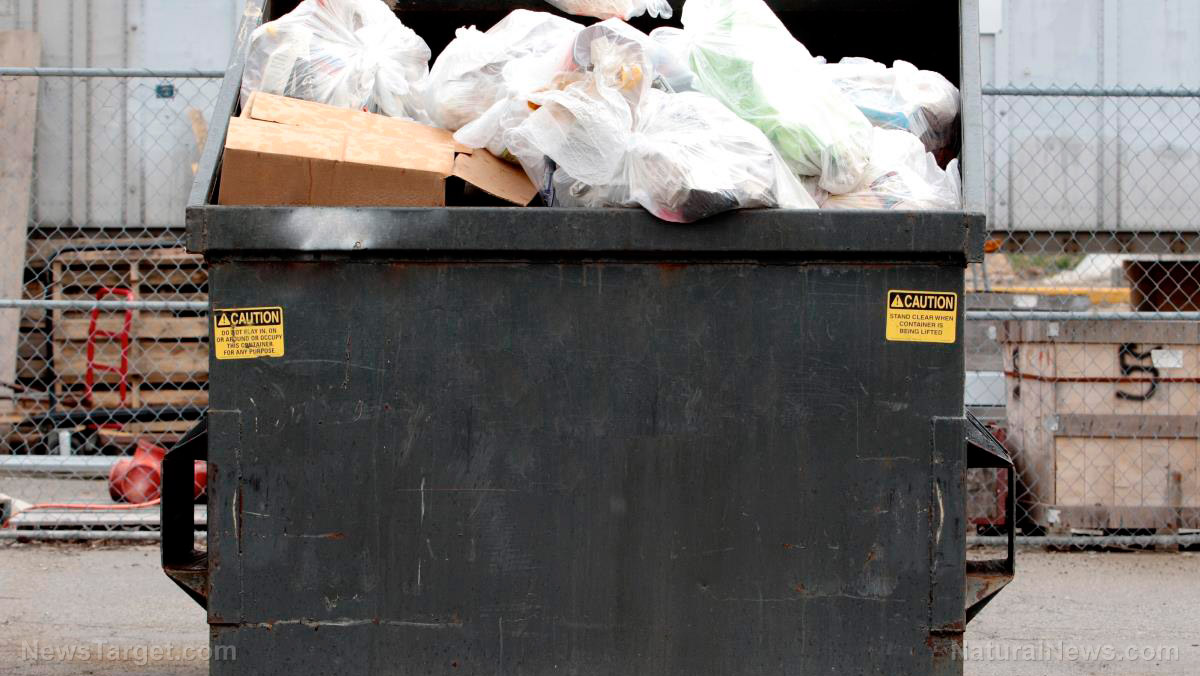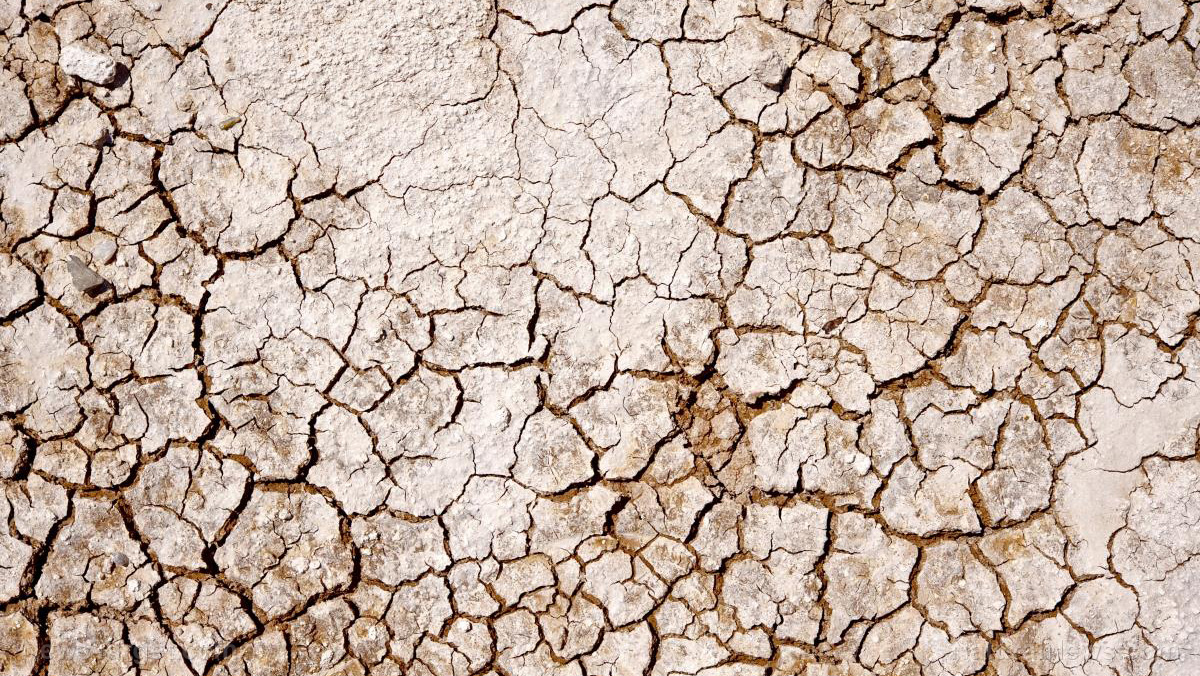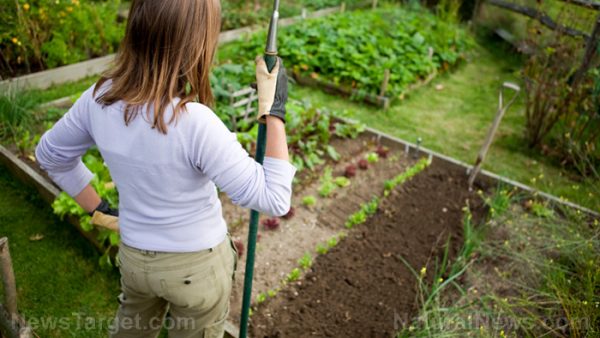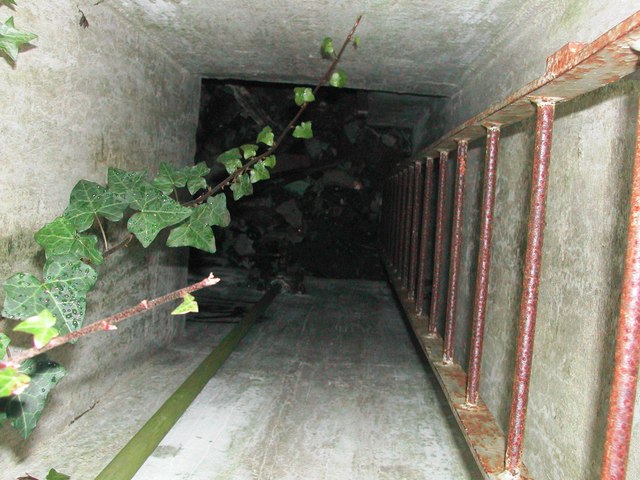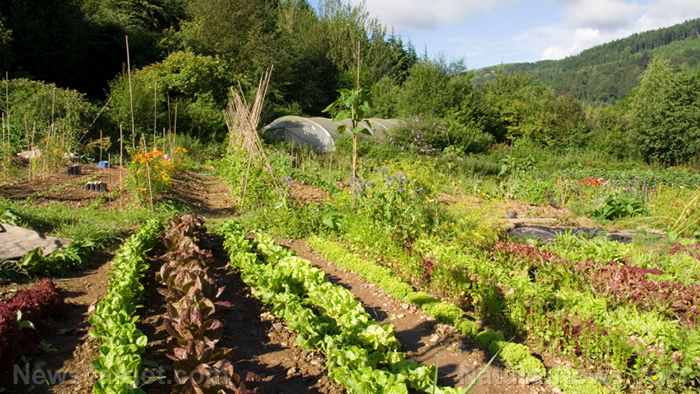Near total collapse of Venezuela reveals what happens when Big Government controls the prices and supplies of food: STARVATION!
06/07/2016 / By D. Samuelson
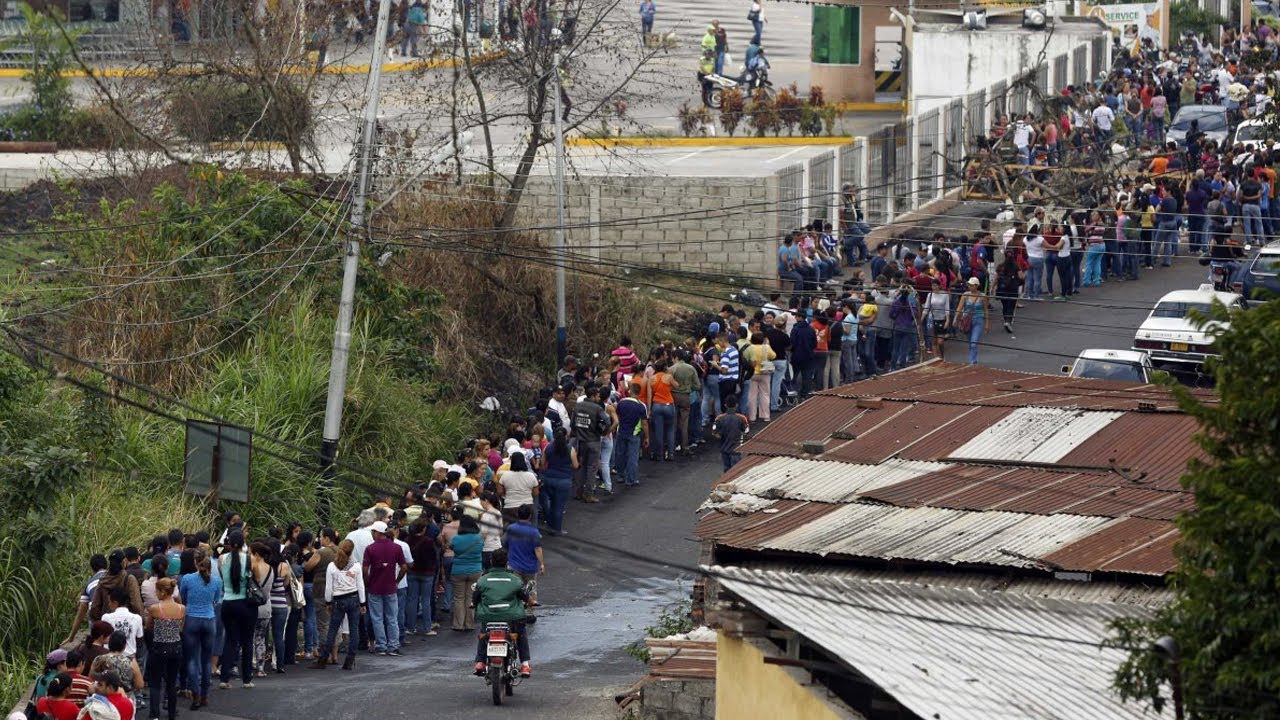
Venezuelans are facing tumultuous times. Inflation rates are running at 700%. Standing in line for hours and hours, and risking one’s life, to buy what ever staple of food that might be available is the norm. The lack of minerals, vitamins and robust nutrition in food shortages could mean starvation for the weakest in society. These dire circumstances didn’t happen overnight, and there are multiple forces at work.
Food seemed aplenty during the Chavez Agrarian revolution in 1999, but the oil profits used to fund that movement have greatly diminished.
According to Business Insider, “Government supporters have long pointed proudly to the improvement in eating under socialist leader Hugo Chavez, who used oil income to subsidize food for the poor during his 14 years in office (1999 to 2013) and won UN plaudits for it.
“But Reuters notes that [President Nicolas] Maduro, Chavez’s successor, has faced a collapse in the price of oil, which provides almost all of Venezuela’s foreign income… According to a recent study, 87% of Venezuelans say their income is now insufficient to purchase their food needs. Shoppers routinely spend hours in lines to buy staples such as corn flour and laundry soap, turning lines into sites of shoving matches and now more frequent attempts to plunder shops.”
‘Control oil and you control the nations; control food and you control the people.’ This quote is attributed to Henry Kissinger.
President Maduro declared an economic emergency in January, opening the door to more government control of private enterprise. These actions come after years of long lines and shortages, as reported by Activistpost.com.
“In 2013, many began to suspect that the outlook for Venezuela was grim when prepping became illegal. The Attorney General of Venezuela, Luisa Ortega Díaz, called on prosecutors to target people who are ‘hoarding’ basic staples with serious sanctions.
“Shortly thereafter, grocery stores instituted a fingerprint registry to purchase food and supplies. Families had to register and were allotted a certain amount of supplies to prevent ‘hoarding’ … Thousands of people were standing in line for 5-6 hours in the hopes that they would be able to purchase a few much-needed items.
“[Additionally,] farmers in Venezuela were forced to hand over their crops last summer. [Madur’s government] assumed control of essential goods like food, and began putting retail outlets out of business. Then, once they had control of the sales outlets, they began forcing farmers and food manufacturers to sell anywhere from 30 – 100% of their products to the state at the price the state opted to pay, as opposed to stores and supermarkets.”
In the midst of this grave darkness, there remains a light of profound victory.
The late President Hugo Chavez’s strides to create a national policy of food sovereignty with agroecological methods was not without critical gains. And even in the midst of this crisis, one critical gain remains: the 2004 law banning transgenic (genetically modified) seeds. This remains a tremendous victory that still stands, although those who push GMOs are anxious to swoop into Venezuela and “save it from starvation.”
Global Justice reports, “Venezuela’s step [banning GMOs] is hugely impressive, first because of the food shortages the country is undergoing – a result of deep dependency on the international market and destabilisation efforts coming from inside and outside the country. One commentator points out ‘Venezuelans are not being fooled by promises of a quick fix to increase food production.'”
You may have experienced empty grocery store racks during a extended weather event. But make no mistake. Food sovereignty is not ultimately the responsibility of your government or your local grocer. What is happening in Venezuela could happen in America.
Sources:
Tagged Under: 700% inflation in Venezuela, agrarian revolution, fingerprinted to buy food in Venezuela, food shortage, Government control of farmers, Venezuela food crisis

